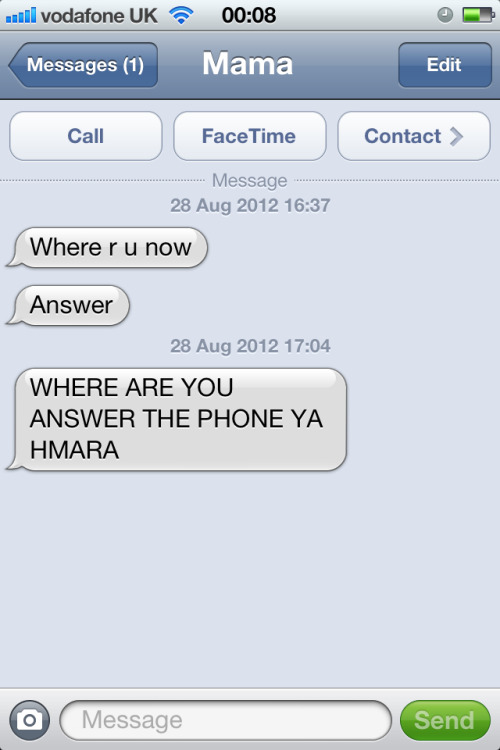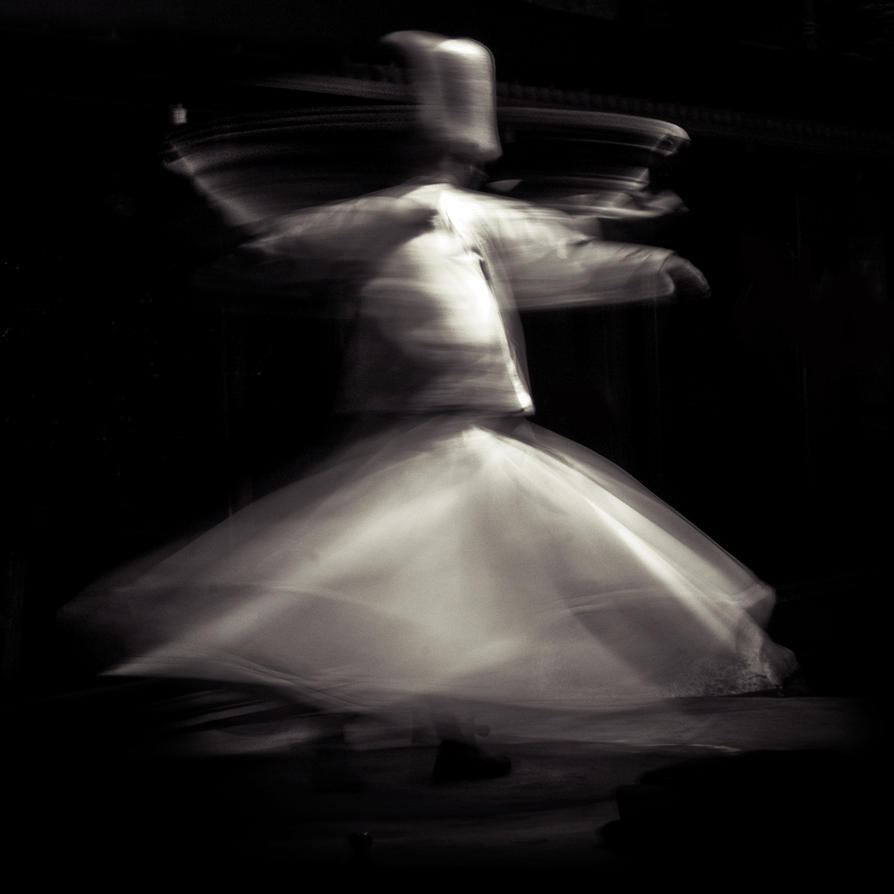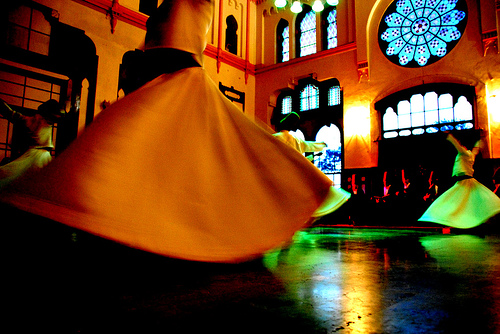David and Fatima is your modern day Romeo and Juliet, with a dash of belly dancing, deserts, IDF soldiers, and suicide bombers, aka today's Palestine/Israel, depending on where your viewpoints lie.
Fatima is an 18 year old Palestinian Muslim who is planning on becoming a doctor. Her parents expect the best out of her and that she should be an obedient Muslim.
David is an 18 year old Israeli Jew who loves and wants to pursue a career in photography, but must face reality that he will soon be drafted into the IDF. Unlike other Israelis, he sympathizes with the Palestinians and would like to learn more about their lives and culture and does this by taking pictures. His parents also expect him to serve in the IDF, be an obedient Jew, and become a lawyer or a doctor.
One day, Fatima and David bump into each other, and their lives change for better or worse.
It turns out, their families know each other because they ran into each other when they were both born (coincidentally, Fatima and David have the same birthday), and Fatimas father helped deliver David.
From then, comes a rare relationship between an unlikely mix.
After a while, reality seeps into their love, and they must confront the fact that neither of their family, or religions accept their relationship. It's your typical forbidden romance.
I give this movie a 2/5. I liked it because it had an interesting plot and story, however if I made the movie, I'd change a lot of things about it.
First and foremost, the acting was awful. Just--awful. The accents were obviously fake, and with a quick google search of the cast I found out the main characters weren't even Israeli or Palestinian. Heck, the actress behind Fatima wasn't even Arab or Muslim.
The Arabs were painted over as barbaric, violent, misogynistic men, and oppressed hijabis who needed saving. It was evident when Fatima explains to David about honor killings, and describes that luckily, her father is more open-minded about her life, which is different than most Arab fathers. As if honor killings are the norm in Arab households? Also, Fatima's mom is painted as a woman who is powerless under her husbands control, and that she shouldn't disagree with him or get in his way.
Fatima's potential fiance was often violent as well, and very pushy towards Fatima. When they went out on a date, he ordered that she take off her hijab, and as the powerless Muslim girl that she is, she does so. Then, at the end (SPOLIER ALERT!!!!!) he shoots David with a keffiyeh on. It gave the impression that Palestinian freedom fighters were more like terrorists.
What I did like about this movie however, was it's bridging it's gap between the two cultures, and showing that they have more in common than would be thought and I appreciated the fact that the movie did in fact show a sympathy for Palestine. The naive teenage girl in me was also awestruck by the "love overcomes all obstacles" type of theme going on within the movie.
I really did like the idea of the movie, and would definitely watch a better remake of this, however this specific movie did not depict the Palestinian struggle well and it was obvious that it did not have much background knowledge on the lives of Palestinians and Arabs, as well as the diversity in the mindset of Jews. It was quite all around unrealistic in a way that could've been avoided.






































